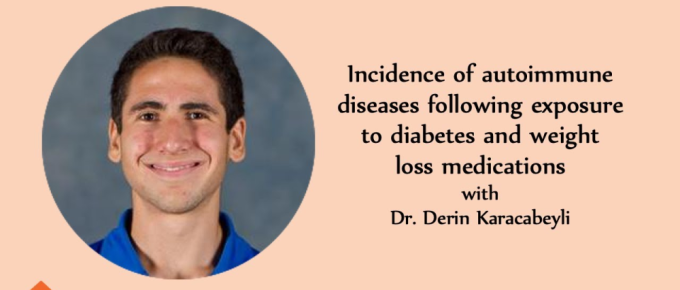This video is for information purpose only. Please ensure you consult with a healthcare provider before embarking on weightloss journey …
Ep. 222 – Incidence Of Autoimmune Rheumatic Diseases Following Exposure To Diabetes Medications
In this episode of Arthritis At Home, we are sharing the #CRArthritis interview with Dr. Derin Karacabeyli, rheumatology resident at the University of British Columbia. Dr. Karacabeyli is studying the …
Free Ozempic And Wegovy? #shorts #diabetes #medicine
Senators charging drug market on its pricing of popular diabetes and weight loss medication …
Continue Reading about Free Ozempic And Wegovy? #shorts #diabetes #medicine →



